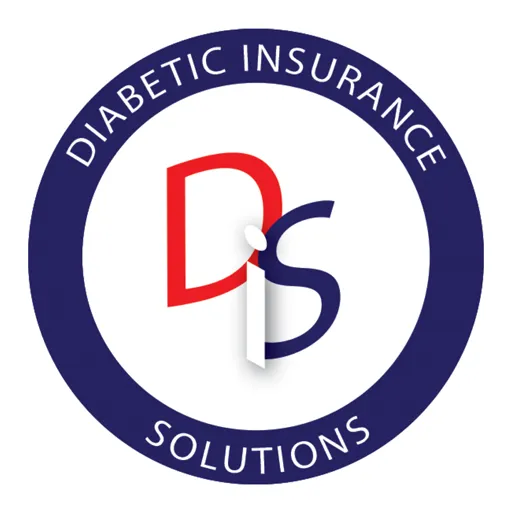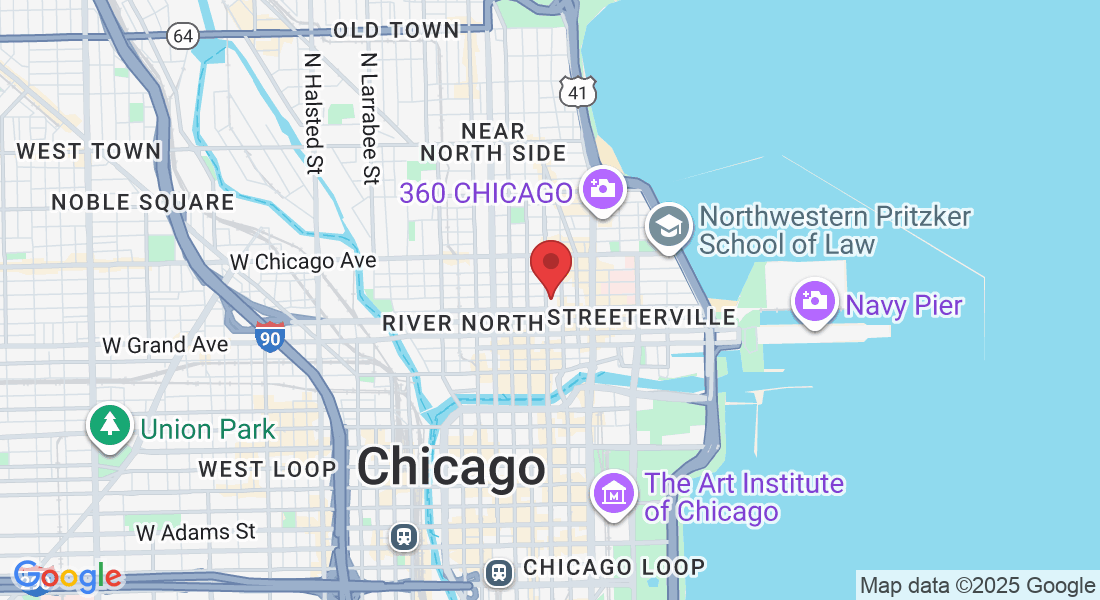
Burial Insurance with Angina: A Complete Guide
When you have angina, your heart’s blood supply is constrained. The uncomfortable illness known as angina can start when your heart isn’t receiving enough blood.
Here are some things you should know about burial insurance if you have angina and are thinking about purchasing it.
Anybody you know who has ever passed away from a heart attack? If the response is affirmative, you are aware that if the ailment is not addressed, it could be fatal.
Age increases the likelihood of having a heart attack, therefore many individuals believe they won’t have one anytime soon.
Fortunately, a funeral or final expense insurance coverage can assist your loved ones in handling financial responsibilities following your passing. You could be considering whether or not now is the ideal time for you to get such an insurance.
This article will define burial insurance and help you decide if it’s the best option for your needs and present situation. Learn more by continuing to read!
What is Burial Insurance with Angina?
Burial insurance for people with angina is a type of insurance that provides financial assistance for funeral expenses and burial or cremation of the covered person.
People with pre-existing heart diseases or other medical disorders that could cause sudden death are intended to benefit from burial insurance when they have angina.
Burial insurance can assist in defraying the cost of your death and funeral expenses if you are diagnosed with a condition that will likely lead you to pass away unexpectedly.
Chest pain from angina is a condition when your heart muscle isn’t getting enough oxygen. If neglected, angina can be a serious illness that results in heart failure or even death.
Medication is typically used to treat angina patients. To improve their symptoms, some people may have surgery or other procedures since they do not respond well to medicines.
Burial insurance with angina may be the best option for you if you have been diagnosed with angina and want to make sure that your loved ones are provided for financially in the event that something were to happen to you.
Symptoms of Angina:
Chest pain, pressure, or tightness feels like a band around your chest, which sometimes radiates to your neck, arms, and back.
Chest pain with exertion (like walking upstairs) or lying down.
Shortness of breath and rapid heart rate when you’re not physically active.
Pain that spreads to your jaw, neck or shoulder, arm, or hand with moving up your shoulder blade (scapula).
“Angina” usually occurs in the center of the chest and may make it difficult for you to breathe deeply and cough, laugh, sing or talk.The body goes into overdrive and begins manufacturing more 2-3diphosphoglycerate when there is chronic anaemia. This substance prevents oxygen from attaching to carbon dioxide molecules, which can cause angina pectoris if medical professionals do not act quickly enough!
What Does Burial Insurance with Angina Cover?
If the insured person passes away from angina, burial insurance with angina will pay for their funeral expenses. Additionally, it pays for memorial services, travel, and other expenditures connected to a death brought on by angina complications.
While some insurance policies will cover either cremation or burial, others could only cover one choice.
You need to have a plan that especially tackles angina if a loved one has been diagnosed with it.
You might be able to reduce your funeral costs by purchasing a burial insurance policy that covers angina.
How does burial insurance with Angina work?
In most cases, a person with angina who purchases burial insurance pays premiums to the insurer in return for a death benefit that is distributed to the beneficiary(ies) upon the insured person’s passing.
The funeral and burial costs, as well as any other bills or expenses the dead may have had, can all be paid for with the death benefit.
Are medical tests necessary to qualify for burial insurance for Angina?
No medical examinations are necessary to be eligible for a burial insurance coverage for angina.
Medical documents or test results are not needed to apply for funeral insurance. Instead, you are required to respond to a few straightforward health-related questions.
Typically, the insurance company will give you official clearance in a matter of minutes!
Is Angina related to Hypertrophic Cardiomyopathy?
The heart is a muscle, and like all muscles, it needs oxygen to work properly.
This essential component must be present in sufficient amounts in the blood to prevent conditions like cardiomyopathy and angina pectoris, which are brought on by a lack of it in your body’s own cells.
Above all, HCM produces aberrant myocardial perfusion, which frequently results in these problems (or lack thereof).
With wave intensity analysis, we may learn more about what transpires when our favourite organ isn’t receiving enough oxygen—a complex system that frequently receives less care but nonetheless needs just as much care!
Burial Insurance Underwriting With Angina
You must have your burial insurance underwritten if you have angina.
The method through which a business calculates whether or not you are going to pass away in the upcoming year is called underwriting. The insurer makes this determination based on your medical background and other criteria.
What details do insurance companies typically need when they underwrite a policy?
Aside from general health information, they will typically ask about any illnesses you might have.
Also, they will ask about your medication history.
You can determine your risk for several ailments, including angina, based on your responses to these questions.
Your burial insurance underwriters must be aware of any angina you may have in order to ensure that they will have enough money on hand to cover your funeral costs in the event that you pass away while the policy is being underwritten.
Health Concern:
Burial insurance companies typically ask this question in many different ways. Here are some of the questions you may see when applying for angina:
Have you experienced angina (chest pains), aneurysms, or heart attacks within the past year?
In the past 12 months, have you had chest pain or discomfort caused by insufficient blood flow to your heart?
Have you suffered chest pain in the past twelve months when performing activities such as walking, jogging, biking, swimming, or stair climbing?
What are the symptoms of angina?
What can be done to prevent or reduce the risk of developing angina?
How is angina diagnosed?
What is the treatment for angina?
Are you taking any medication for angina (chest pain)?
Do you have any conditions that increase your risk of suffering from angina attacks? For example, high blood pressure, high cholesterol levels, or diabetes.
Check The Prescription history.
You can be asked specifics about your existing drugs, including their generic names and dosages, if you apply for insurance.
Asking you health-related questions allows a health underwriter to confirm that you are in excellent health. If your responses do not match the prescription prescriptions you take, it will raise a red alert.
Common medications for Angina
To treat angina, a chest pain medication is frequently administered.
These medications have a great deal of potential for reducing future heart attack risk and treating chest pain, but they can also have negative side effects.
Some of the several drugs for angina that may be prescribed include the following:
Amlodipine: This medication is used to prevent heart attacks and strokes. It may decrease the risk of death from a heart attack, stroke, or other cardiovascular problems
Atenolol: This drug relaxes the muscles in your arteries, which helps relieve chest pain caused by angina.
Caduet: This medication treats chest pain caused by high blood pressure. It may also be used with other medicines for the same purpose.
Carvedilol: This drug relaxes the muscles around your heart and helps reduce your risk of developing angina after a heart attack or stroke
Coreg: Coreg is a combination of two medicines that help prevent angina attacks from recurring after an initial one. The first drug (carvedilol) relaxes the muscle around your heart, while the second (verapamil) slows down specific chemical processes in your body that cause chest pain.
Diltiazem: Diltiazem reduces inflammation in the body and effectively treats chronic stable angina that doesn’t respond well to conventional medications.
Best insurance policy option for Angina
Some of the insurance policy options for angina are as follows:
2 Years Age Angina And Treatment Was
Within the first two years, most burial insurance firms inquire about angina. If you fit this description of angina, you are eligible for a policy that provides first-day coverage.
Your beneficiary will also receive the lowest premium and 100% of the death benefit upon your passing. The ideal choice is a first-day level death benefit plan.
More Than 12 Months Treated For Angina
Then you might have better options since some burial insurance firms only inquire about angina during a specific window of time following angina treatment.
The greatest choice is this first-day benefit plan. It offers first-day benefits that start protecting you the moment you sign up and gradually phases in the death benefit.
Last Year You Had Or Have Been Treated Chest Pains
First off, if you have had chest problems within the previous 12 months, you will not be eligible for a plan with no waiting period.
Additionally, burial insurance will be more expensive than what a healthy person would shell out. The guaranteed issue plan from Insurance For Burial will end up being the most affordable option for you.
Benefits won’t start to be paid out for two years after the plan’s issuance.
Chest pain is considered a high-risk ailment by funeral insurance providers, who also demand a higher premium for coverage because it often signals the presence of a much worse issue.
Why Would I Need Burial Insurance?
In addition to traditional life insurance, you can purchase burial insurance if you have angina. It’s critical to comprehend why and how burial insurance will benefit you if you have gina.
People purchase funeral insurance primarily to ensure that their loved ones are interred properly without incurring excessive costs.
When compared to cremation prices, burial charges are frequently greater, making them a more expensive option if you lose your savings due to illness or an accident.
You’ll be able to choose where your loved ones are buried and have some financial protection at their burial rites by taking out a policy in advance (as soon as feasible).
How Much Does Burial Insurance With Angina Cost?
The type and quantity of coverage you choose will determine how much burial insurance for angina will cost.
The two most popular varieties are single and multiple interment plans, which cover essential charges like the price of a grave plot or casket, or add-on coverage, which covers additional fees.
Because it covers the full expense of your funeral, not just the burial ground or casket, burial insurance with angina can be pricey.
It implies that a simple burial plan will likely cost more than a cremation, which is less common in the US than burial.
What Are The Benefits Of Burial Insurance With Angina?
The advantage of burial insurance with angina are as follow:
The benefits of burial insurance with angina go beyond just replacing a lost loved one and helping you get through the grieving process after a loss by providing financial assistance in the form of a death benefit and guaranteed lifetime income.
You can choose how much coverage you need, depending on how much money you want to set aside for funeral expenses.
It allows you to plan for your family’s future by providing funds for a memorial service and funeral expenses, including cremation or burial services (if desired).
Burial insurance with angina can help alleviate some of the financial burdens in an unexpected death and provide peace of mind if it happens unexpectedly due to accidental injury or illness.
Burial insurance can be bought separately or as a benefit under a life insurance policy.
If you have an existing life insurance policy, you may want to add burial insurance as a rider option to your current policy.
How To Find The Best Burial Insurance With Angina?
You should contact a life insurance company like Diabetic Insurance Solutions, which specialises in obtaining life insurance for high-risk clients, if you need burial insurance for people with angina.
For high-risk individuals, getting life insurance is our area of expertise. One of the most important measures you can take to reduce the cost of your insurance is to work with us to obtain the lowest premiums.
By negotiating on your behalf with numerous A-rated insurance providers, our organisation wants to assist you discover reasonable insurance coverage.
You’ll have a better chance of getting reasonable rates if you do this.
Our team is aware of the unique underwriting standards for life insurance for angina. Additionally, we are aware of the businesses that provide the best protection for your health condition.
Additionally, since we are aware of the possibilities, we can assist you in locating a strategy that satisfies both your needs and your financial constraints.
Conclusion
In conclusion, folks who suffer from angina can purchase funeral insurance, however it might be more expensive for them.
It is wise to look around for the best deal since a few businesses specialise in funeral insurance for persons with pre-existing conditions.
Our company has highly skilled agents that focus on the underwriting specialties for all funeral insurance providers.
Regardless of your modest health problems, the agent’s objective is to find coverage on the day of your death.
If they can’t get you coverage on the day of your death, helping you receive the finest coverage possible will be their top priority.
We are available to assist you with any queries you may have and to walk you through the full procedure from start to finish.
We’re ready to help you whenever you need it – call us today! Or, fill out the form on the sides and see rates immediately.



